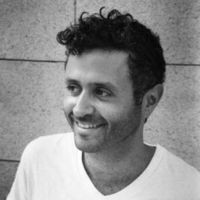Personal Best
The case for coaches in professions other than music and sports. Like medicine, for example:
Since I have taken on a coach, my complication rate has gone down. It’s too soon to know for sure whether that’s not random, but it seems real. I know that I’m learning again. I can’t say that every surgeon needs a coach to do his or her best work, but I’ve discovered that I do.







